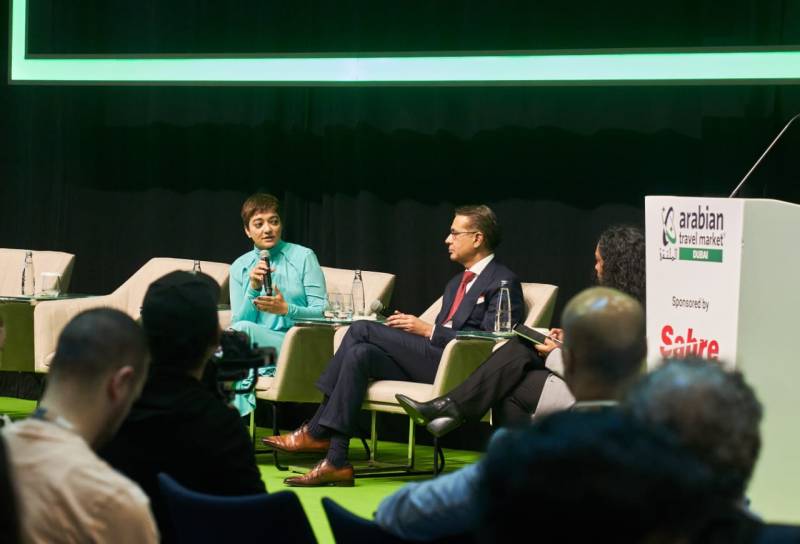
Dubai, UAE; 7 May 2024: The Middle East and North Africa (MENA) region has emerged as one of the main regions driving growth in affluent travel, recording high spends, while also displaying an appetite for sustainable eco-luxury and meaningful cultural experiences. Mastercard’s latest report, ‘Affluent Travel: A Middle East Perspective’, released during the Arabian Travel Market 2024, unpacks some of the key trends.
The appetite for new experiences in unexplored destinations, micro-trips and ‘bleisure’ will likely drive the growth of the global luxury travel market, which is expected to grow by 7.9% (CAGR) between 2024 and 2030, according to Grand View Research2. While the world awaits the emergence of the first trillionaires, high-net-worth travelers contribute approximately 36% of the global spend on travel as stated in a Jones Lang LaSalle study3.
“At Mastercard, we are committed to connecting people to their passion for travel. This report gives a great snapshot of how high-net-worth individuals choose to travel, and it’s wonderful to see sustainability, cultural immersion and purpose as key considerations, along with quality accommodation, seamless technology and loyalty benefits. We will continue to harness the power of partnerships with leading industry players to come up with innovative solutions that unlock access to a whole new world of unparalleled travel experiences,” said Amnah Ajmal, Executive Vice President, Market Development EEMEA, Mastercard.
As per YouGov research, over a third (36%) of luxury travelers say they want to experience different cultures4. The combination of business and leisure, or ‘bleisure’, is also resulting in more remote-work trips as digital nomads change the face of travel. Affluent travelers are almost twice as likely as the global average to have taken a vacation as an extension to a business trip4. Furthermore, Marriott Bonvoy research also showed that solo travel is being embraced, with 70% of respondents in the UAE and 69% in Saudi Arabia saying they’ve travelled solo5.

